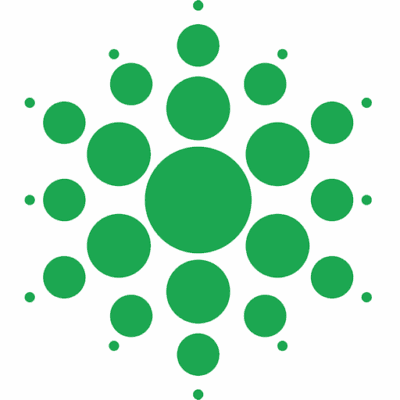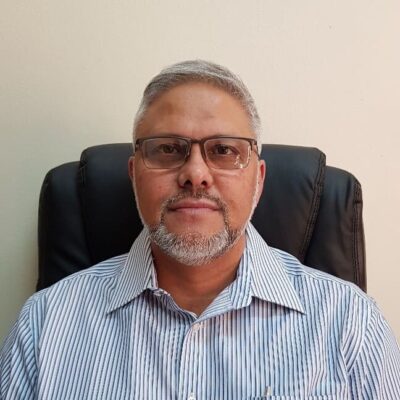HIV-1 protease is a critical enzyme for viral maturation and one of the most well-studied proteins in structural biology. While much attention has focused on its active site, there is interest in how the enzyme might interact with small molecules at other regions on its surface. In particular, some of these potential sites, called cryptic pockets, are not visible in the unbound structure and only emerge under certain conditions. Until now, no cryptic sites had been identified in HIV-1 protease. We used mixed-solvent molecular dynamics simulations to uncover a previously unrecognised cryptic pocket in the cantilever region of the enzyme. Interestingly, this region shows conserved structural behaviour across related retroviral proteases, hinting at a broader functional role. When we locked this region in place using disulfide cross-linking, the protease adopted a distinct semi-open conformation, suggesting that the cantilever region influences flap movement. We then performed fragment-based screening which revealed that this cryptic pocket can bind small molecules. Simulations with one such fragment showed that binding alters the dynamics of the protease, particularly in the flap region. Overall, our findings highlight the cantilever region as a key regulatory element in HIV-1 protease function and a promising target for future drug discovery efforts.
Cryptic No More: Characterising a Novel Allosteric Site in the HIV-1 Protease Cantilever Region
Abstract
Speaker
Prof. Yasien Sayed
School of Molecular and Cell Biology, University of the Witwatersrand
About (click to open/close)
Professor Yasien Sayed is a biochemist and structural biologist at the University of the Witwatersrand (Wits), Johannesburg, South Africa. He is a Professor in the School of Molecular and Cell Biology and serves as the Director of the Protein Structure-Function Research Laboratory (PSFRL).
Professor Sayed obtained both his BSc (Honours) and PhD degrees in biochemistry from Wits University, where he built a strong foundation in protein biochemistry and molecular biology. His research focuses on the structural and functional analysis of viral proteins, with a particular emphasis on viral proteases. He has published extensively in the area of HIV-1 protease from the South African subtype C strain, which accounts for over 95% of HIV infections in the country.
Professor Sayed’s group achieved a landmark milestone by solving the three-dimensional X-ray crystal structure of the South African HIV-1 subtype C protease – a global first. His research addresses the urgent issue of antiretroviral drug resistance in second-line therapies, investigating how mutations in the gag and protease coding regions drive resistance to protease inhibitors.
Professor Sayed’s expertise spans protein biochemistry, structural biology, biophysics, and computational biology. He integrates experimental and computational methods to understand protein-ligand interactions and how these will help inform rational drug design.
Through his scientific leadership, mentorship, and research excellence, Professor Sayed strives to advance structural biology and biochemistry in South Africa.
Selected publications (click to open/close)
RSVP to this event
About
The Biophysics in Africa Monthly Colloquium Series is a joint project of the African Light Source Foundation (AfLS), African Physical Society (AfPS), and the South African Institute of Physics (SAIP). SAIP is an adhering body of the International Union of Pure and Applied Biophysics (IUPAB). The colloquia are always on the last Wednesday of every month. In addition to participation by students and colleagues worldwide, we invite speakers from around the globe as well. For more information please feel free to contact us at colloquium.series@africanbiophysics.org

